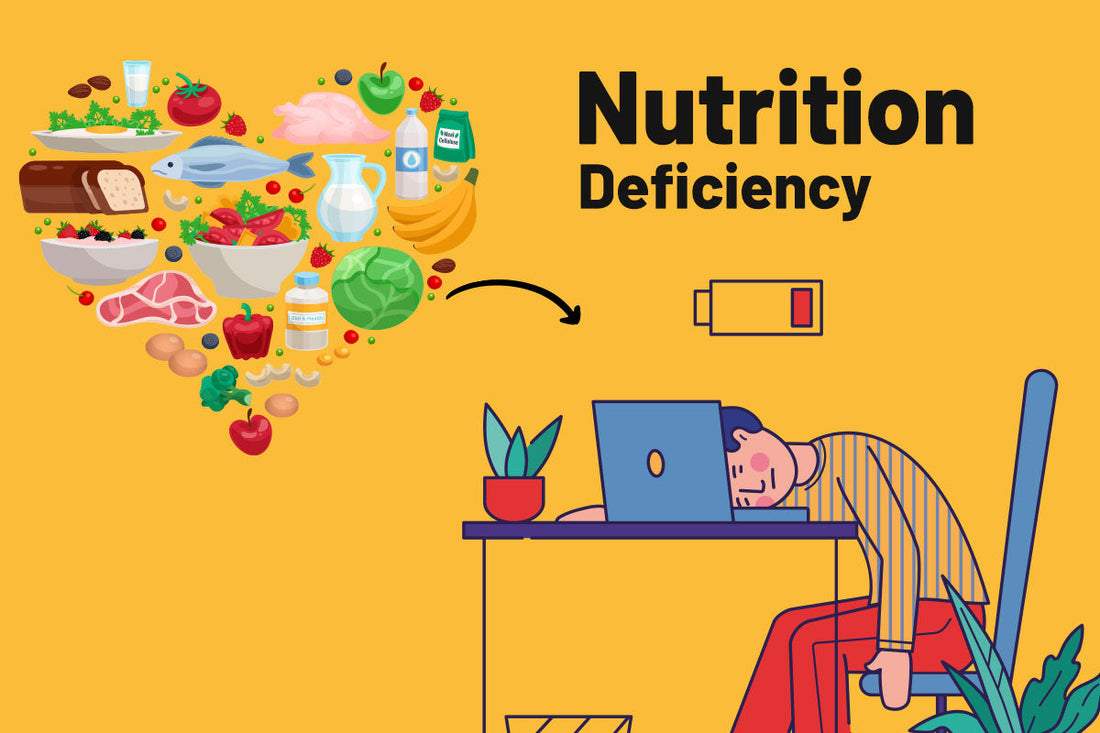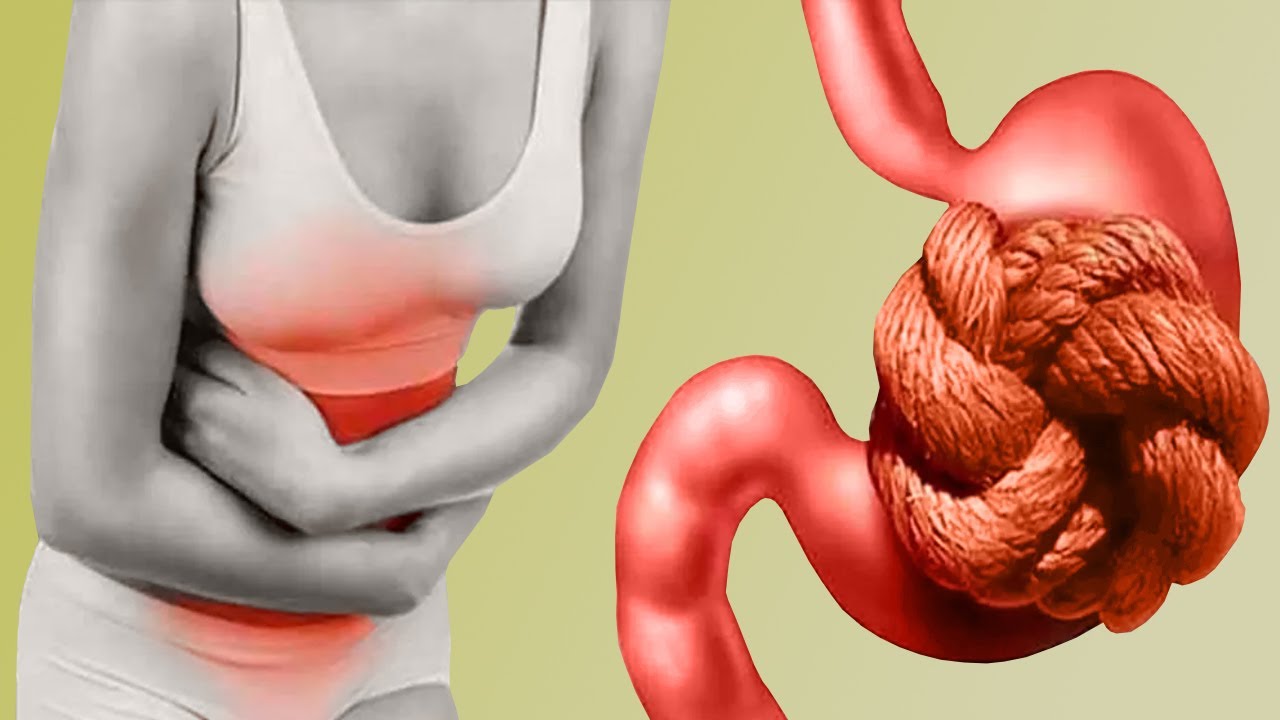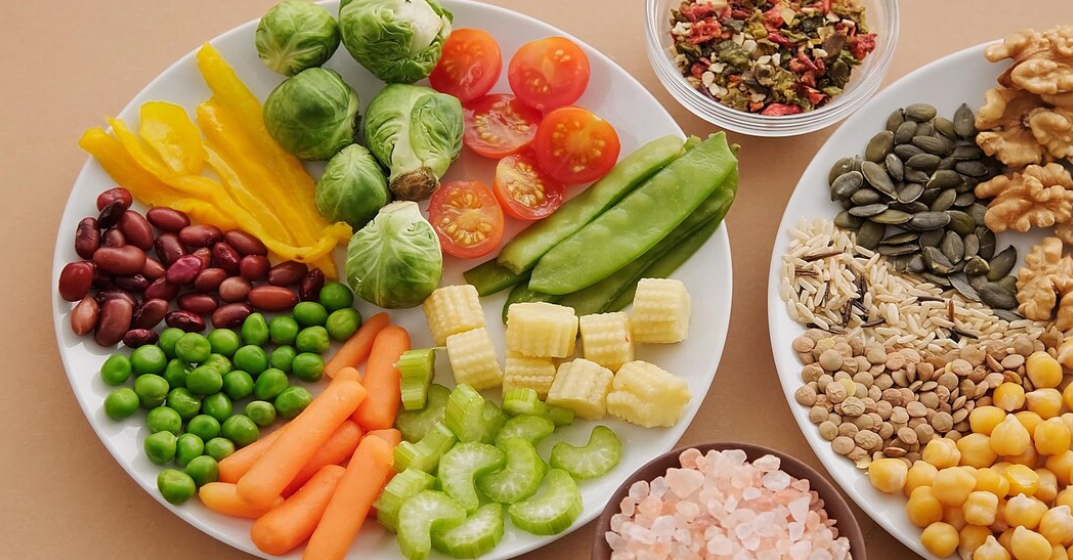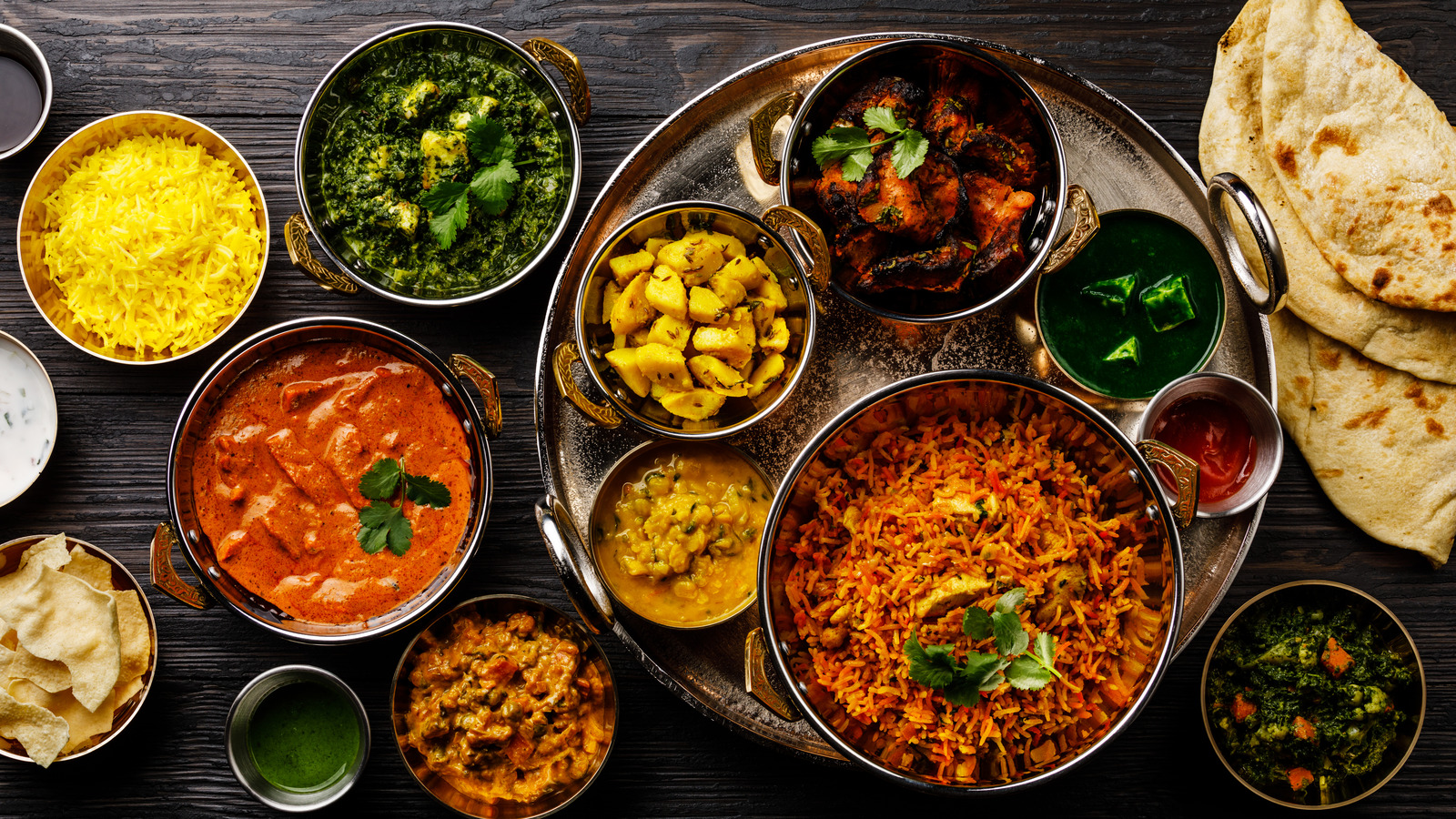Struggling With Weight Loss? Try This 7-Day Low Carb Indian Diet Plan Now
Follow this 7-day low carb Indian diet plan to enjoy tasty meals, improve health, and support long-term weight loss naturally.
Struggling with weight loss can feel like fighting a never-ending battle. You cut down on your favorite foods, yet the results barely show. But what if the problem isn’t you — it’s the way most Indian diets are packed with hidden carbs?
From fluffy rotis to steaming rice, our daily plates are often heavier on carbs than we realize. These carbs quickly spike blood sugar, making it harder for the body to burn fat. No wonder weight loss feels so slow and frustrating.
That’s where a low carb Indian diet steps in — giving you all the taste of home, minus the carb overload.
In this article, we’ll show you exactly how a 7-day low carb Indian diet plan can fit into your life. You’ll see simple swaps, balanced meals, and a clear diet chart designed to help you lose weight without giving up the food you love. By the end, you’ll know how to take charge of your health with confidence.
What Is a Low-Carb Diet and Why Indian Diets Struggle With High Carbs?
:max_bytes(150000):strip_icc()/Health-GettyImages-2165629506-9d84368ffd75450183ec681f06503e98.jpg)
A low carb diet is a way of eating where you cut down your carbohydrate intake and replace it with protein, fiber, and healthy fats. By lowering carbs, the body uses fat for fuel, which supports weight loss efforts and stable energy levels.
It also helps in better blood sugar control and long-term weight management.
-
Focus on reducing carb rich foods like rice, bread, and sugar
-
Include low carb foods such as eggs, paneer, and fish
-
Add leafy green vegetables and other non starchy vegetables for fiber
When carbs are limited, the body starts to burn stored fat and may enter a state similar to the ketogenic diet. This switch not only helps people lose weight but also offers many health benefits like improved heart health, better bone health, and lowering cholesterol levels.
-
Choose nutritious low carb food with minimal carbohydrate content
-
Add chia seeds, pumpkin seeds, or Greek yogurt for snacks
-
Use oils like olive oil or follow cooking with minimum oil for a healthier version
A low carb meal plan or diet plan is not a restrictive diet but a smarter way to cut unnecessary carbohydrates.
By including high quality protein, essential vitamins, and essential minerals, you can support muscle growth, maintain strong bones, and reduce the risk of age related macular degeneration.
Why traditional Indian diets are dominated by high-carb staples

Traditional indian diets rely heavily on carb rich foods like rice and chapati. This increases daily carbohydrate intake and makes it harder to follow a low carb indian diet or a balanced low carb diet.
-
Most indian food is built around staples such as rice, wheat, and other starchy vegetables.
-
Meals often use refined flour, which adds unnecessary carbohydrates and slows weight loss efforts.
-
High carb intake leads to weight gain, poor blood sugar control, and reduced nutrient intake.
-
Depending too much on carbs lowers energy levels and makes weight management difficult.
-
Using low carb indian foods like paneer, dals, and leafy green vegetables can provide many health benefits.
-
Switching to whole grains or brown rice with minimal carbohydrate content supports a healthy lifestyle.
-
A diet plan or diet chart with high quality protein and healthy fats offers multiple health benefits including improved heart health and better blood sugar balance.
The health risks of excess carbs in Indian diets
Too much carb intake from daily indian food can harm the body in many ways. High carbohydrate intake is linked to problems with blood sugar, weight gain, and long-term health risks.
1. Blood sugar spikes and insulin resistance

When the body gets too many carb rich foods like rice, roti, or other starchy vegetables, blood sugar rises very fast. Over time, this leads to poor blood sugar control and insulin resistance. This makes weight loss efforts much harder.
-
Meals high in refined flour or other unnecessary carbohydrates give quick energy but cause sudden crashes.
-
A low carb diet or even a low carb indian diet lowers these spikes and helps maintain steady energy levels.
-
Adding nutritious low carb food like green leafy vegetables, low carb foods, or non starchy vegetables supports better blood sugar balance.
A diet chart or meal plan with whole grains in moderation, high quality protein, and healthy fats can reduce the risk. Small swaps like brown rice instead of white rice or vegetable salad with olive oil dressing make a healthier version of indian diets.
2. Increased risk of obesity and weight gain

High carbohydrate intake often leads to fat storage and steady weight gain. In indian diets, most plates are filled with carb indian staples, leaving little room for nutritious low carb food.
-
Eating more than required calories from carb rich foods prevents the body from burning stored fat.
-
People trying to lose weight often fail because their diet plan is overloaded with carbs.
-
A low carb meal plan helps improve calorie burning and supports weight management.
Replacing carb heavy staples with low carb indian foods like paneer, chia seeds, pumpkin seeds, and Greek yogurt gives many health benefits. These healthy snacks improve nutrient intake and provide essential vitamins and essential minerals without extra calories.
3. Higher chances of type 2 diabetes and heart disease

Consistently high carb intake can lead to type 2 diabetes and increase the risk of poor heart health. Fluctuating blood sugar damages insulin response and affects overall health benefits linked to weight loss and weight management.
-
Diets high in starchy vegetables, refined flour, or foods high in sugar often raise ldl cholesterol levels.
-
Lack of balance in indian food also lowers hdl cholesterol levels and puts pressure on blood pressure.
-
A low carb indian style of eating has multiple health benefits including lowering cholesterol levels and protecting heart health.
Including low carb foods like avocado salad, vegetable salad, and non vegetarian protein with minimal carbohydrate content can support bone health, improve bone health, and overall healthy lifestyle.
4. Nutrient deficiencies from a heavy carb indian diet

A diet filled with carb rich foods can push out nutritious low carb food that contains essential vitamins, essential minerals, and fatty acid needed for a healthy body. Too much focus on carbs leaves gaps in nutrient intake.
-
Lack of leafy green vegetables and non starchy vegetables reduces vitamin d and increases risk of bone health issues.
-
A restrictive diet high in unnecessary carbohydrates weakens energy levels and makes fat loss harder.
-
Poor nutrient balance slows muscle growth and weakens long-term weight loss journey.
Adding foods like kidney beans, Greek yogurt unsweetened or plain varieties, or a simple avocado salad can provide numerous health benefits and support age related macular degeneration prevention.
5. Digestive issues and low energy crashes

Eating mostly carb indian meals can cause digestive problems and frequent energy drops. The body uses up carbs quickly, which makes people feel hungry sooner and snack on unhealthy foods high in sugar.
-
Heavy meals with refined flour and starchy vegetables often lead to bloating and low energy levels.
-
Low carb indian foods like vegetable salad with olive oil or healthy snacks such as chia seeds help maintain stable energy.
-
A low carb diet supports steady calorie burning and avoids sudden highs and lows in energy.
A healthier version of indian diets with minimum oil cooking, balanced diet plan, and proper diet chart helps maintain energy levels, support weight loss journey, and give multiple health benefits in the long run.
Balance Bite Makes Low-Carb Eating Simple – Order Delicious, Healthy Meals Delivered to You.
7-Day Sample Indian Low-Carb Diet Chart for Weight Loss

This plan gives options for everyone — veg, non veg, and vegan — across breakfast, lunch, and dinner. Each choice keeps carb intake low while supporting weight loss efforts and a healthy lifestyle.
Day 1
-
Veg
-
Breakfast: Greek yogurt with chia seeds
-
Lunch: Palak paneer with vegetable salad
-
Dinner: Cauliflower rice with mixed sabzi
-
-
Non Veg
-
Breakfast: Omelet with leafy green vegetables
-
Lunch: Grilled chicken with olive oil salad
-
Dinner: Fish curry with non starchy vegetables
-
-
Vegan
-
Breakfast: Tofu bhurji with green leafy vegetables
-
Lunch: Avocado salad with pumpkin seeds
-
Dinner: Dal with brown rice (minimal carbohydrate content)
-
Day 2
-
Veg
-
Breakfast: Moong dal chilla with vegetable salad
-
Lunch: Paneer tikka with leafy green vegetables
-
Dinner: Greek yogurt plain varieties with seeds
-
-
Non Veg
-
Breakfast: Boiled eggs with avocado salad
-
Lunch: Chicken curry with cauliflower rice
-
Dinner: Grilled fish with olive oil
-
-
Vegan
-
Breakfast: Chickpea salad with olive oil
-
Lunch: Pumpkin seed smoothie with leafy green vegetables
-
Dinner: Soy chunks curry with non starchy vegetables
-
Day 3
-
Veg
-
Breakfast: Greek yogurt smoothie with chia seeds
-
Lunch: Paneer curry with brown rice small portion
-
Dinner: Vegetable salad with olive oil
-
-
Non Veg
-
Breakfast: Scrambled eggs with spinach
-
Lunch: Grilled chicken with non starchy vegetables
-
Dinner: Fish tikka with leafy green vegetables
-
-
Vegan
-
Breakfast: Smoothie with unsweetened almond milk and pumpkin seeds
-
Lunch: Kidney beans curry with brown rice
-
Dinner: Tofu salad with green leafy vegetables
-
Day 4
-
Veg
-
Breakfast: Paneer cubes with vegetable omelet alternative
-
Lunch: Palak paneer with whole grains in moderation
-
Dinner: Greek yogurt plain varieties with seeds
-
-
Non Veg
-
Breakfast: Boiled eggs with avocado salad
-
Lunch: Grilled chicken with vegetable salad
-
Dinner: Fish curry with non starchy vegetables
-
-
Vegan
-
Breakfast: Moong dal sprouts salad
-
Lunch: Tofu curry with leafy green vegetables
-
Dinner: Chia seed pudding unsweetened or plain
-
Day 5
-
Veg
-
Breakfast: Greek yogurt with avocado salad
-
Lunch: Paneer tikka with leafy green vegetables
-
Dinner: Vegetable curry with brown rice
-
-
Non Veg
-
Breakfast: Omelet with spinach
-
Lunch: Grilled fish with non starchy vegetables
-
Dinner: Chicken curry with olive oil
-
-
Vegan
-
Breakfast: Soybean curry with green leafy vegetables
-
Lunch: Chickpea salad with olive oil
-
Dinner: Dal with pumpkin seeds and brown rice
-
Day 6
-
Veg
-
Breakfast: Greek yogurt smoothie with leafy green vegetables
-
Lunch: Paneer curry with vegetable salad
-
Dinner: Cauliflower rice with sabzi
-
-
Non Veg
-
Breakfast: Scrambled eggs with spinach
-
Lunch: Grilled chicken with vegetable salad
-
Dinner: Fish tikka with olive oil
-
-
Vegan
-
Breakfast: Smoothie with chia seeds and green leafy vegetables
-
Lunch: Tofu curry with non starchy vegetables
-
Dinner: Avocado salad with moong dal sprouts (minimum oil)
-
Day 7
-
Veg
-
Breakfast: Moong dal chilla with salad
-
Lunch: Paneer tikka with leafy green vegetables
-
Dinner: Greek yogurt plain varieties with seeds
-
-
Non Veg
-
Breakfast: Omelet with vegetable salad
-
Lunch: Grilled fish with olive oil
-
Dinner: Chicken curry with non starchy vegetables
-
-
Vegan
-
Breakfast: Dal with brown rice minimal carbohydrate content
-
Lunch: Tofu stir fry with green leafy vegetables
-
Dinner: Avocado salad with pumpkin seeds
-
This low carb meal plan balances high quality protein, healthy fats, and low carb indian foods while avoiding unnecessary carbohydrates. It helps burn stored fat, improve blood sugar control, and supports a healthier version of indian diets.
Don’t Just Read About Low Carb – Experience It! Try Balance Bite Customized Diet Boxes.
6 Health Benefits of Following a Low-Carb Indian Diet plan

A low carb indian diet is not only about cutting carbs. It brings many health benefits that improve weight, heart health, and energy levels. Let’s look at the main advantages step by step.
1. Better weight loss and fat burning with a ketogenic diet

When carb intake is lowered, the body starts to burn stored fat for fuel. This is similar to a ketogenic diet where carbohydrate intake is minimal and healthy fats replace calories from carb rich foods.
-
Cutting foods high in sugar or sweet potatoes helps reduce unnecessary carbohydrates.
-
A low carb diet supports calorie burning and steady fat loss without feeling weak.
-
Adding high quality protein from a high protein diet chart supports muscle growth during weight loss journey.
Replacing refined flour with low carb indian foods like paneer, dals, or leafy green vegetables makes the diet plan sustainable and effective for long term weight loss efforts.
2. Improved blood sugar control and diabetes management

Too many carb indian meals cause spikes in blood sugar. A low carb indian diet helps in steady blood sugar control and lowers the risk of diabetes.
-
Limiting fruit juice and refined flour reduces sudden sugar spikes.
-
Non starchy vegetables and low carb foods keep energy levels stable.
-
Whole grains in small portions with healthy fats make a healthier version of indian diets.
This approach has many health benefits including better heart health, improved bone health, and support for people looking to lose weight safely.
3. Enhanced heart health and cholesterol balance

A low carb meal plan can improve cholesterol and overall heart health. Reducing unnecessary carbohydrates helps lower ldl cholesterol levels and improve hdl cholesterol levels.
-
Choosing nutritious low carb food instead of carb rich foods prevents weight gain.
-
Olive oil, avocado salad, and pumpkin seeds supply fatty acid needed for lowering cholesterol levels.
-
Diet chart with healthy snacks and essential minerals supports blood pressure balance.
This method shows multiple health benefits, making indian diets a healthier version that protects heart health for long term.
4. Higher energy and reduced food cravings

Eating too many starchy vegetables or sweet potatoes often causes energy crashes. A low carb indian diet prevents this by providing steady fuel from protein and healthy fats.
-
High protein diet chart meals with paneer, fish, or tofu help maintain energy levels.
-
Low carb indian foods like vegetable salad, chia seeds, and Greek yogurt keep hunger away.
-
Avoiding foods high in sugar or fruit juice reduces sudden cravings.
With steady energy, weight management becomes easier, and people can continue their weight loss journey without feeling drained.
5. Richer nutrition with leafy green vegetables
:max_bytes(150000):strip_icc()/EWL-8044305-best-high-fiber-vegetables-hero-d6d32bfd917f4152b57d4c16a947d7e5.jpg)
A low carb indian plan allows space for more leafy green vegetables and green leafy vegetables that give essential vitamins and essential minerals. This improves nutrient intake and supports bone health.
-
Adding non starchy vegetables like spinach and broccoli ensures minimal carbohydrate content.
-
Vegetable salad with olive oil dressing gives essential fatty acid and improves bone health.
-
Including vitamin d rich foods helps prevent age related macular degeneration.
Such nutritious low carb food brings numerous health benefits and supports a healthy lifestyle beyond just weight loss.
6. Flexibility to still eat indian food with smart swaps

A low carb diet does not mean following a restrictive diet. People can still eat indian food while making smarter choices that cut unnecessary carbohydrates.
-
Replace refined flour rotis with almond flour or whole grains in moderation.
-
Swap sweet potatoes or starchy vegetables with non starchy vegetables.
-
Include avocado salad, Greek yogurt unsweetened or plain varieties, or healthy snacks like pumpkin seeds.
With the right meal plan and high protein diet chart, it is possible to follow a low carb indian style of eating, enjoy multiple health benefits, and still stay connected to traditional indian diets.
“Fuel Your Weight Loss Journey with Balance Bite – Smart Meals, Balanced Nutrition.
4 Reasons Why Healthy Fats Are Essential for Sustainable Weight Loss

Healthy fats are not the enemy of weight loss. In fact, they play a key role in helping you lose weight and stay on track with your diet plan.
1. Healthy fats keep you fuller for longer and reduce cravings
Fats take more time to digest compared to carb rich foods. This helps you feel full for longer hours and reduces the urge to snack on unnecessary carbohydrates.
-
Olive oil, nuts, and avocado salad are simple sources of healthy fats.
-
Adding these to a diet chart helps control appetite and supports weight loss efforts.
-
Greek yogurt unsweetened or plain varieties also act as healthy snacks that keep hunger away.
When cravings are under control, it becomes easier to follow a low carb diet and stick to your weight loss journey.
2. They help stabilize blood sugar and support metabolism
Eating too many starchy vegetables or sweet foods causes spikes in blood sugar. Healthy fats balance this by slowing digestion and keeping levels steady.
-
This supports blood sugar control and prevents energy crashes.
-
Healthy fats also help burn stored fat by encouraging the body to use fat as fuel.
-
Foods like pumpkin seeds, chia seeds, and fatty acid rich fish improve metabolism.
Better metabolism means more calorie burning and improved fat loss without the struggles of a restrictive diet.
3. Essential for absorbing vitamins from green leafy vegetables
Green leafy vegetables and leafy green vegetables provide essential vitamins and essential minerals. But without fats, the body cannot absorb them well.
-
Healthy fats act as carriers for vitamin D and other fat-soluble nutrients.
-
A vegetable salad with olive oil dressing improves nutrient intake.
-
Paneer, tofu, or avocado salad with minimal oil helps improve bone health.
This combination gives many health benefits including stronger bone health, better nutrient intake, and overall healthy lifestyle.
4. Provide steady energy for daily activities
Carb intake often gives short bursts of energy, followed by crashes. Healthy fats, on the other hand, provide long-lasting energy for work, exercise, and daily life.
-
Meals with high quality protein and healthy fats maintain stable energy levels.
-
Non starchy vegetables cooked in minimum oil make a healthier version of indian food.
-
Low carb foods with olive oil or nuts reduce tiredness during weight loss journey.
With steady energy levels, people can stay consistent with their diet plan, support muscle growth, and make weight management sustainable.
Conclusion
Now that you’ve come this far, it means you’re serious about making a change for yourself. The first step is always the hardest, but it’s also the most powerful one.
Every small choice you make today builds into something bigger tomorrow — whether it’s picking a better meal, moving your body a little more, or simply believing that you can do it.
Your journey doesn’t need to be perfect, it just needs to be consistent. Start where you are, use what you have, and keep moving forward — your future self will thank you for it.
Ready to See Results? Start Your Transformation with Balance Bite Today




















Leave a comment
Translation missing: en.blogs.comments.discription